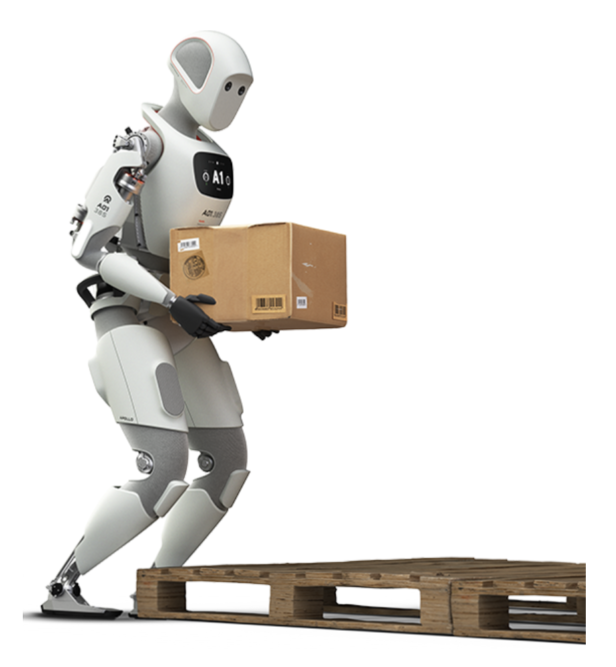Mercedes-Benz will test humanoid robots in manufacturing facilities
Automaker adopts two-legged “Apollo” model from Apptronik

Humanoid robots took another step toward initial deployments in supply chain settings today when Apptronik said it had agreed to provide its two-legged “Apollo” model for tasks in Mercedes-Benz manufacturing facilities.
The deal marks both Austin, Texas-based Apptronik's first publicly announced commercial deployment of Apollo, and also the first application of humanoid robotics for Mercedes-Benz. Terms of the deal were not disclosed.
Other examples of humanoid robot deployments in manufacturing and logistics include decisions by Amazon and GXO to trial the “Digit” mobile manipulation robot (MMR) made by Oregon-based Agility Robotics.
The Apollo model weighs in at 5 feet 8 inches tall and 160 pounds, with the ability to run for four hours on a battery pack charge and handle 55-pound payloads. While designing such a two-legged robot may offer engineering challenges than a rolling one, humanoid robots have the advantage of fitting in easily to spaces originally designed for humans, thus avoiding full-scale facility redesigns, the partners said.
Mercedes-Benz said it is exploring potential use cases for Apollo humanoid robots in logistics to bring parts to the production line for workers to assemble, the so-called delivery of assembly kits, while simultaneously inspecting the components. Apollo will also be used to deliver the totes of kitted parts later in the manufacturing process.
Related Articles
Copyright ©2024. All Rights ReservedDesign, CMS, Hosting & Web Development :: ePublishing